Stephen Street on working with Blur, The Smiths and Pete Doherty
British rock music would sound strikingly different were it not for the guiding hands of acclaimed producer Stephen Street. We discuss his approach to working with some of the country’s most lauded artists.
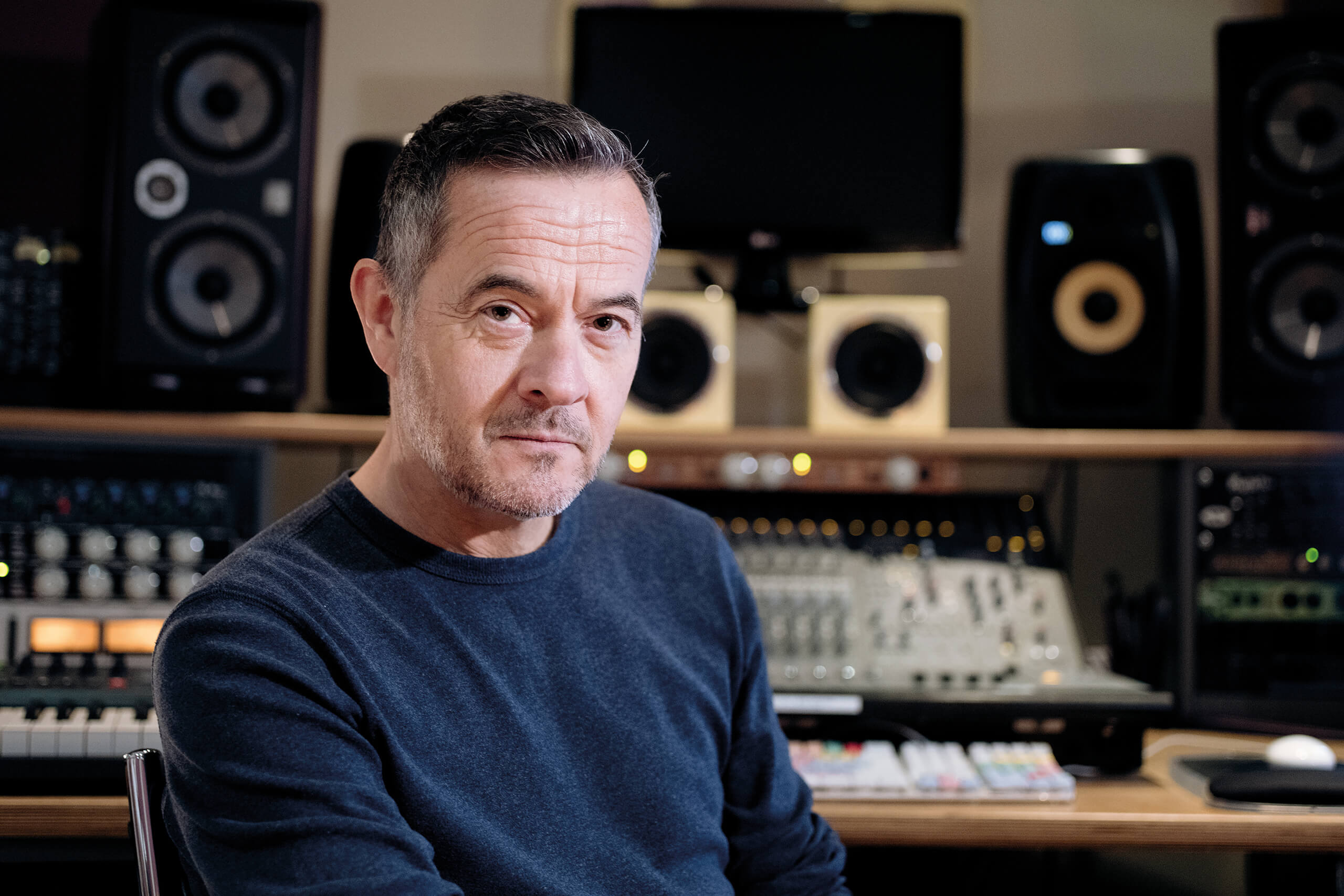
Flick through the record collection, streaming library or most-played lists of any modern music lover and the chances are that you’ll uncover a swathe of familiar British and Irish rock records, many shaped by Stephen Street.
From indie-rock royalty The Smiths and Blur via the spiky classic rock of The Pretenders and The Cranberries to the populist anthems of Kaiser Chiefs, Stephen has collaborated keenly with many of the most significant artists in the business – and it’s his efficiency, professionalism and humanity that has kept him buoyant through the many highs and the lows.
“From my first session working with The Smiths, I learnt that aspiring engineers and producers need to not only be as helpful as possible but to think ahead of the curve when it comes to the recording process too,” says the Hackney-born producer. Focusing on the energy, personalities and sounds reverberating within the studio can go a long way towards coaxing memorable performances from a band. “It’s important to drag your gaze away from your screen and interact with the musicians in the room,” he adds. “I always find it weird when we listen back to a track and all eyes are fixed on the computer. You need to rely on your ears rather than the waveforms.”
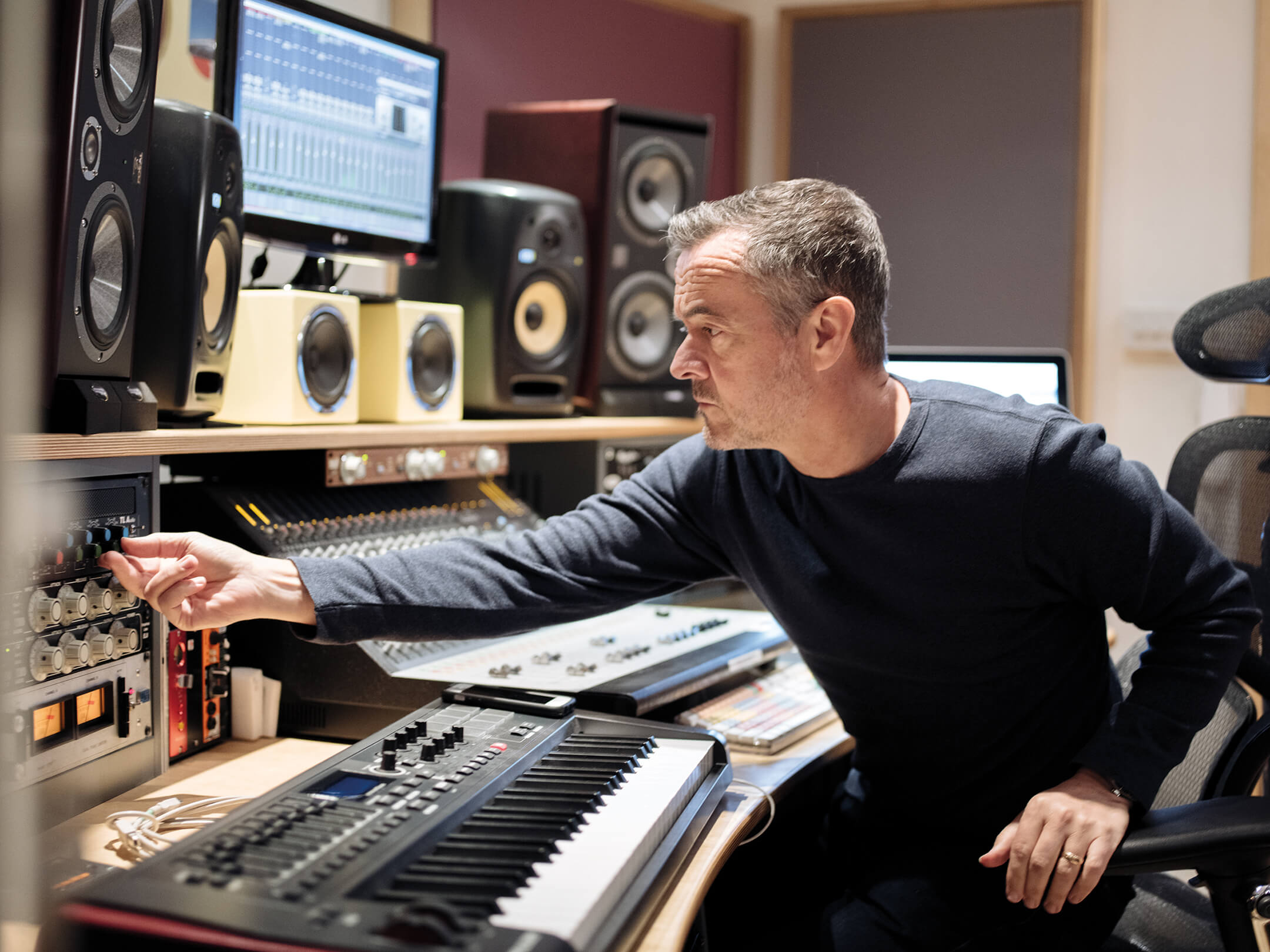
Streets ahead
Stephen’s work on some of the UK’s best contemporary records was recently acknowledged by the Music Producers Guild at the organisation’s annual awards bash, with the producer deservedly receiving the Outstanding Contribution to UK Music prize. “It was a lovely surprise and something I’m very proud of,” he says. “We’re incredible at making music in this country, particularly when you consider the size of the UK compared with the States. Since the heady days of the 1960s with The Beatles and the Stones, we’ve managed to go head to head with the US in creating world-class songs. I feel privileged to be a part of it.”
Stephen’s music career began at the tail end of the 1970s. He was a guitarist, performing with numerous up-and-coming London bands. One outfit signed a record deal and, although they never enjoyed much acclaim, their studio experiences prompted Stephen to take a close look at what was on the other side of the mixing desk. “I enjoyed the recording side of the process from the get-go,” he says. “I didn’t think I’d ever be a brilliant guitarist or bassist but I thought I could use what I learnt about recording to follow in the footsteps of some of the brilliant producers who were coming through at the time.”
He cites many of the post-punk greats as inspirations behind his decision to fully immerse himself in the record-making process. “Producers like Martin Hannett, Martin Rushent, Steve Lillywhite and John Leckie, they all started from the recording and engineering sides of things,” says Stephen. “Rather than aiming to become a pop star, I decided to put my energies into learning how to become a recording engineer.”
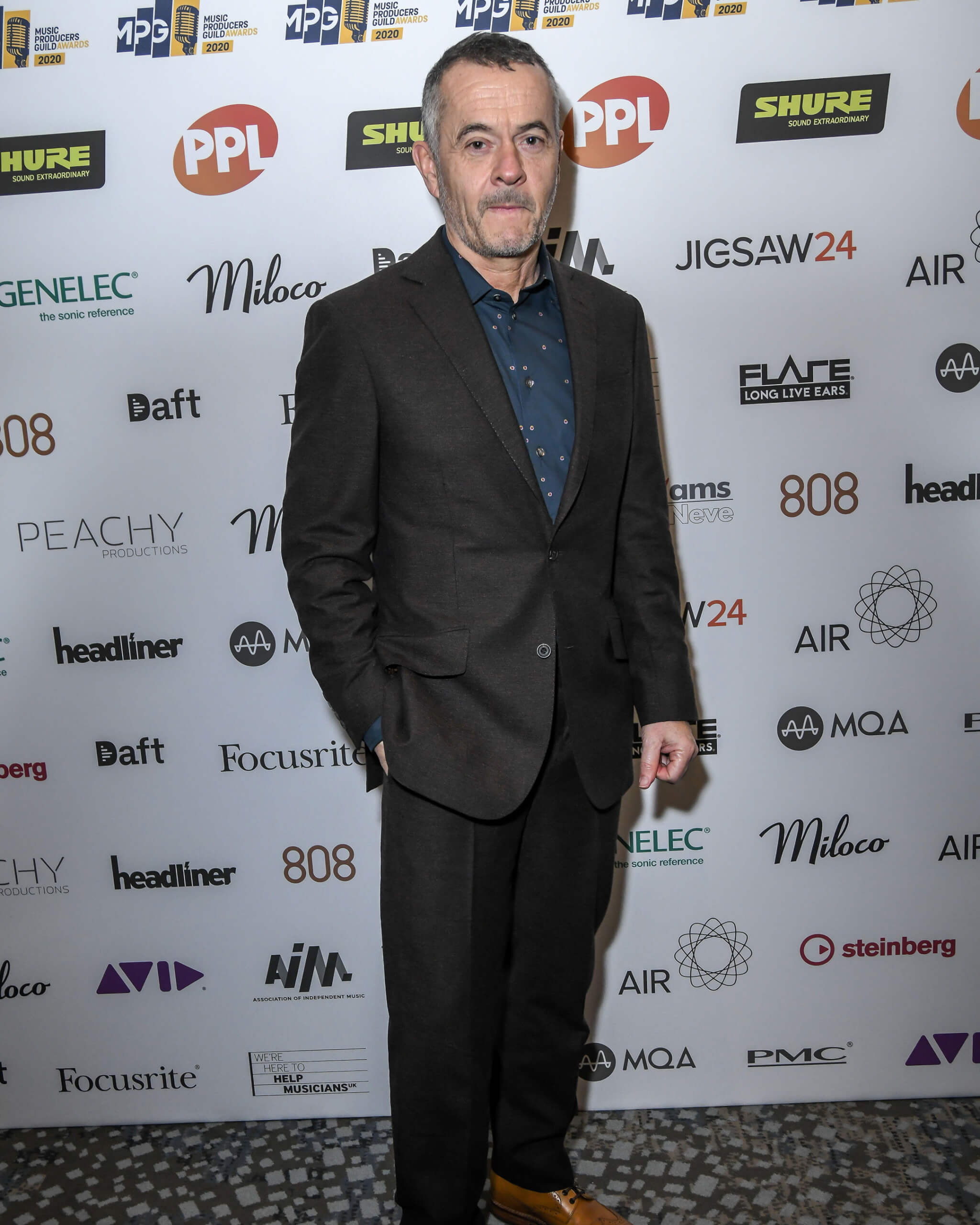
Strange days
Stephen’s career shift shifted gears when he landed a much-coveted job as an in-house engineer at Island Records. His apprenticeship with the label helped him get his hands dirty with the nuts and bolts of engineering and recording. “I’m reading One, Two, Three, Four: The life and times of a recording studio engineer by Richard Digby Smith, an engineer at Island,” says Stephen. “He started at Basing Street Studios, the label’s main studio, and I used to assist him. He quite rightly mentions how Island was a breeding ground for young engineers.” For Stephen, it was the quality of the projects he worked on and the variety of genres that the label dealt with that gave him his grounding.
“Most of the engineers were really helpful and encouraging,” he says. “I wasn’t just making tea. I was urged to get my hands on the desk and learn the tricks of the musical trade.” Fortuitously, one of Stephen’s first jobs as an in-house engineer was in 1984 with Manchester’s then-buzziest new guitar band, The Smiths. Although they were hyped, no-one knew quite how much of a lasting cultural legacy Morrissey, Johnny Marr, Andy Rourke and Mike Joyce would go on to have. Stephen’s first session with the band marked the beginning of a lengthy creative relationship.
“We’re incredible at making music in this country. Since the 1960s with The Beatles and the Stones, we’ve managed to go head to head with the US”
“I’d seen them performing This Charming Man on Top of the Pops a couple of weeks before they came in to record, and I loved everything about them,” says Stephen. “I was really excited when I found out Rough Trade had booked them a session with us. John Porter produced and I was the engineer, so I just made sure I was as useful to him and the band as possible throughout. One of the tracks we worked on was their next single Heaven Knows I’m Miserable Now, and my hard work was definitely noted by Morrissey and Marr. They asked me back to assist them. That was the point the stars aligned for me.”
The partnership led to some of the era’s most-defining albums. Stephen engineered the band’s revered Meat Is Murder and The Queen Is Dead records before taking on the central role of producer for their final LP Strangeways, Here We Come.
“Everything we recorded was on tape and through SSL desks, which were popular at the time,” says Stephen. “There Is A Light That Never Goes Out is possibly one of my favourite songs. It came together so beautifully in the studio. It just seemed to fall into place. But there were so many special moments that I count myself lucky to have been involved with them at all.”
Following the band’s fractious demise, Stephen continued to work with Morrissey, helping co-write much of the newly solo artist’s debut record Viva Hate. “It wasn’t planned at all,” says Street. “When The Smiths broke up, I thought they’d be reforming within a few months, that it was just a bit of a tiff that they’d get over. But things didn’t work out that way.”
Instead, Stephen reached out to Morrissey with a note accompanied by some ideas and song sketches. It proved to be the right move at the right time. “I received a postcard from him saying he wanted to make a solo record with the material I’d sent. I almost didn’t send him the cassette in case he hated it and never wanted to work with me again. It was nail-biting because The Smiths were so revered. If it had been a terrible record, I would have been public enemy number-one. Fortunately, it worked out and was a real break.”
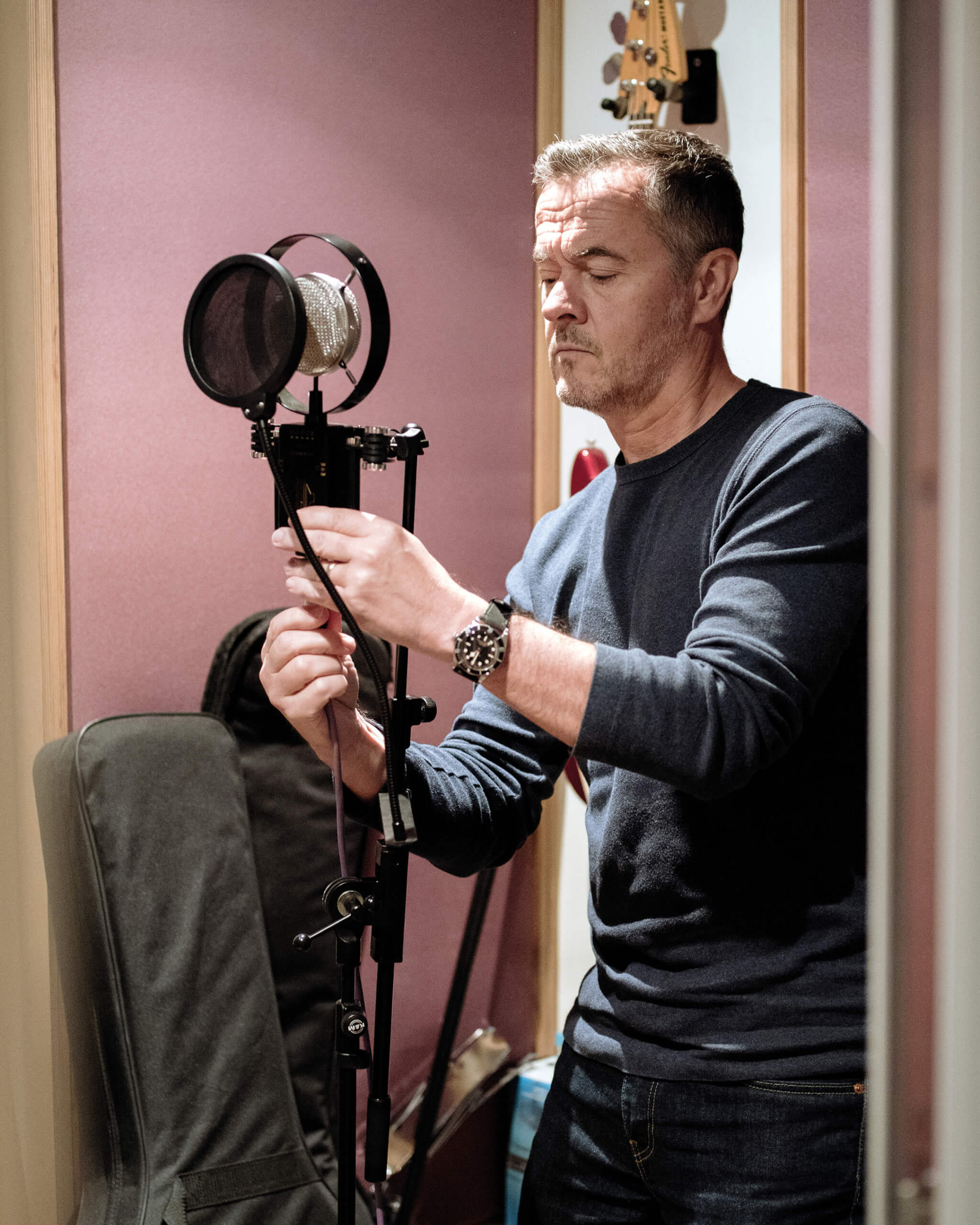
These days, Stephen manages his own studio, whose setup is as you’d expect of a producer with such a star-spangled CV. “I’ve got my own studio now, The Bunker at 13,” he says. “It’s a necessity now. During the 1980s, you had the pick of London’s many wonderful studios, and you’d work wherever the label could book you into. Sadly, that’s no longer the case. It’s a shame. Now, we’re all forced into our little rooms. Damon Albarn has a studio called 13 in west London, and I’ve got a room there, which I’m delighted with. I have an Audient Zen desk that I love. It really works for me. The room isn’t quite big enough for drums, so I tend to use a larger room elsewhere for that before going into my studio to mix and overdub.”
The best policy
Stephen believes that, at the core of every successful musical relationship and all the decisions a producer must make, lies that most valued, slippery and dangerous of traits: honesty. Not only with bands but their own endeavours too. “If something doesn’t work, I’ll think hard about the way I communicate that to the band,” he says. “As producer, your role is to guide and enable artists to get the best out of them and their music, rather than dictating to them what they need to do.”
Often, emerging producers are forced to take on every job they’re offered for the sake of experience – and to pay their rent. But once they’ve moved off the bottom rung of the ladder, Stephen says music-makers should be more discerning and truthful to themselves about what direction they want to take. Ultimately, he says, this will lead to better songs, more passionate performances and more impressive recordings. “You need to pay the bills,” he says. “But, once you’ve reached a certain point, it’s worth avoiding taking on jobs just to fill the diary. You need to have a real affinity, interest and love for the music and act you’re working with, otherwise it won’t work.”
“I don’t want to engage too much with all of Pro Tools’ shortcuts. I still want to use part of my brain to listen to what the musicians are playing”
The aesthetics and sound of Britpop sensations Blur beat in time with Stephen’s when he first heard them in the early-1990s. Up to this point, he was being approached by artists who wanted him to work on their music. But with Blur, it was different. He discovered them – and fought hard to work with the band.
“I’d heard [early single] She’s So High and loved it,” he says. “I was managed by Gail Coulson at the time, who also managed Jesus Jones, who were on Blur’s label, Food. I told her to tell Blur’s label head David Balfe that I wanted to work with them.” Despite being knocked back initially, Stephen was later drafted in to oversee a session with the band. The result of which was There’s No Other Way, a breakthrough top-10 hit and still an indie disco staple to this day. Other commitments prevented Stephen from working on their debut album Leisure but he was free for the follow-up, Modern Life Is Rubbish. The label, however, had other ideas, and instead recruited XTC’s Andy Partridge. A chance meeting, though, changed history again.
“I bumped into [Blur guitarist] Graham Coxon as I was off to see The Cranberries at the Marquee in London,” says Stephen. “He said it wasn’t happening in the studio. I gave him a pep talk, and said, ‘You’re a good guitarist in a good band, I’m sure it’ll work out for you.’ He must have told Damon because, the next thing I knew, I’d got the call to join them.” This pre-Cranberries pep talk proved to be the spark that ignited another long-lasting and fruitful creative relationship for Stephen. The Londoner is responsible for producing such iconic Britpop hits as Parklife and The Great Escape, as well as Blur’s self-titled fifth album. “Those guys are like brothers to me,” he says. “I love their music, drive, energy and talent.”
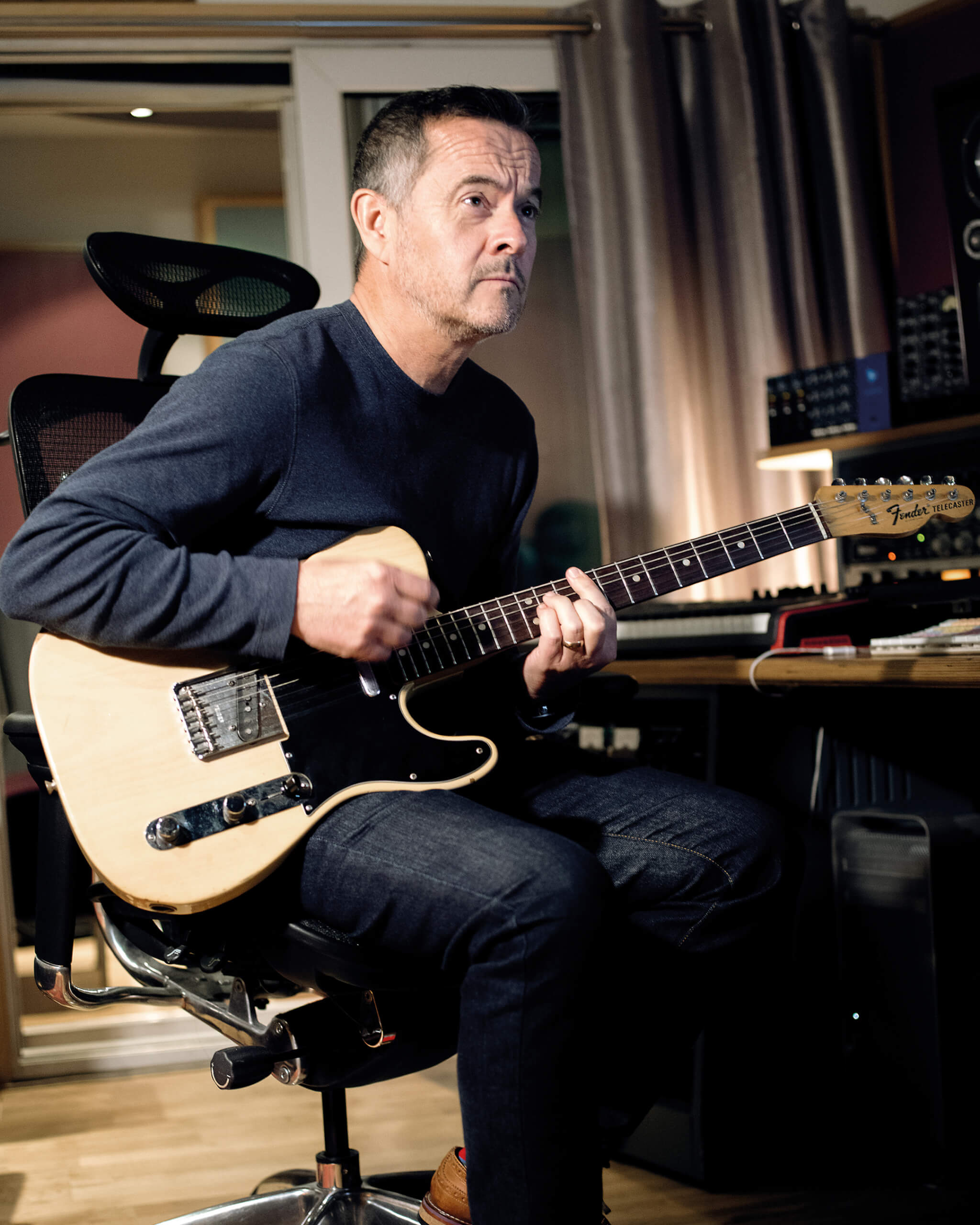
Bunker down
Since Stephen started out in the studio, technology has morphed at an increasingly frightening speed. While the music must come first, Street believes that staying on top of the latest developments can make you more effective as a producer. “When I started, samplers were just emerging,” he says. “I was using an Atari ST computer with the Emagic software, a forerunner to Apple’s Logic platform. As an engineer and producer, you should always endeavour to grasp new technology – it helps you bring new things to the party. When we got to Blur’s fifth album, I knew we wanted something new to push the sound forward, and I was one of the first people to buy the RADAR system.”
The abilities of this newfangled digital multi-track recording system were way ahead of their time, and afforded Stephen and the band new modes of working. “I used it as the remote sat on the desk, so it looked and worked like a tape machine,” he says. “It made everything so easy to edit. The band were all about wanting to capture things organically and quickly in the studio. Using RADAR enabled us to do things such as recording and looping the drums at the start of Song 2 much quicker. It gave us a new impetus.”
Though Stephen was one of the first to embrace RADAR, he admits to being more resistant to Pro Tools. “I didn’t want to spend all my time looking at a computer and felt the sound I heard initially wasn’t impressive,” he says. “But it improved and I couldn’t resist anymore.” Stephen’s RADAR system is now rusting in some forgotten corner somewhere, with Pro Tools acting as his foremost recording software. However, he’s yet to uncover everything the DAW has to offer, and is instead content to use only what he needs.
“I can’t pretend that I know every facet of Pro Tools,” he says. “I just learnt what I wanted to do, which was record and edit quickly between takes. But the way you can cut and paste, play with song structure – it’s the reason we were able to make the last Cranberries album [In The End, 2019] using demos and ideas that Dolores [O’Riordan] had recorded before she sadly died. Before Pro Tools, that would have been impossible. But I don’t want to engage too much with every shortcut. I still want to use part of my brain to listen to what the musicians are playing.”
Capturing a band’s performance as accurately as possible has always been a priority for Stephen, and his go-to mic is among the gold-standard solutions. “The Neumann U87 is one of my favourite pieces of studio gear,” he says. “I’ve used it in so many sessions over the years. It’s such a workhorse when I’m recording. It’s been there since my very first day in the studio and it sounds superb on so many sources – vocals, acoustic instruments, drums. I also use Empirical Labs Distressors, for both subtle compression and limiting, and at the other end of the scale. When they first appeared, everyone was impressed by the quality of the compressor for the relatively low price compared to all the other premier studio compressors.”
“I don’t want to overdo the pre-production. I want to limit it so bands don’t get sick of the songs before we’ve even stepped inside the studio”
In terms of session prep, Stephen has a restricted approach. “When I record, I tend to do a little bit of pre-production,” he says. “But I don’t want to overdo it. I want to limit it so bands don’t get sick of the songs before we’ve even stepped inside the studio. The initial focus is on the rhythm track, as well as attacking a short batch of songs to ensure energy levels from the musicians in the room remains consistently high. “I like to capture the essence of the bass and the drums at the same time. So I’ll get the whole band to play and explain to the guitarist that we’re focusing on getting a good rhythm track, and ask them to just play their rhythm part really tightly.
“I try to do just two or three songs at once,” Stephen continues. “Then we stop and consolidate what we’ve done. This approach lightens the pressure among the band members.” It’s only once Stephen and the band feel that the backing track is right that the singer is invited to do a guide vocal. “Often, when working with Johnny and the rest of the guys towards the end of The Smiths, we wouldn’t really know what the song’s vocal was going to do,” says Stephen. “Even Johnny might not have heard it before. But once Morrissey got his vocal on there, we’d be like, ‘Ah, now we know what we’re dealing with.’ It would be an important moment. It’s inspiring for the rest of the band to hear a vocal come through the speakers rather than relentless backing tracks.”
Stephen prefers to focus on daytime recordings rather than toiling through the night in pursuit of forced creativity. Establishing a regular working routine gives both band and producer more control. “I used to do late nights when I first started at Island but I soon realised that you don’t get as much done that way, and that you end up starting later the following day,” he says. “I like there to be some life outside recording music for the bands too. So I try to start at 10am and finish at 9pm. I find that the morning or mid-afternoon is the point where we achieve the best results. Damon now does 10am to 6pm, which is something he learnt from me during Blur.”
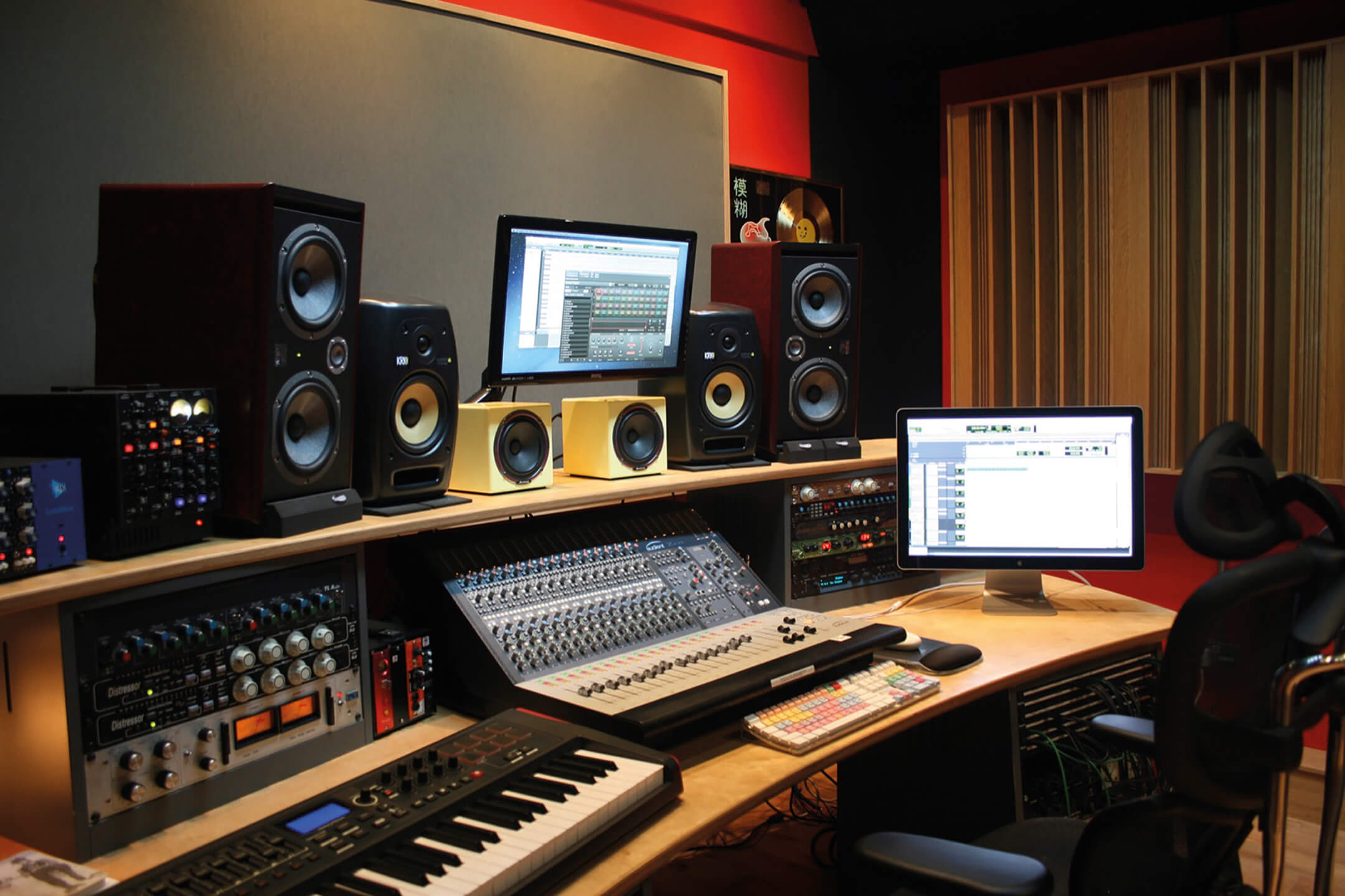
Easy access
As the music industry changes, the role of producers in the recording process continues to grow. But Stephen says that, at heart, assisting artists in their creative journeys and enabling them to perform to the utmost of their abilities can be a challenge. “When dealing with Pete Doherty as he was when I first worked with him,” says Stephen, “I had to apply every single ounce of experience I had to make sure the sessions didn’t come to a grinding halt. It wasn’t easy. There were times when I’d come back from the studio demoralised and close to tears. But it paid off in the end and I’m proud of the records we made.”
Aside from picking up awards, Stephen’s recent activities include producing Hate For Sale, the much-anticipated new album from iconic rockers The Pretenders, and writing with fledgling guitar band Bradford. Ultimately, Stephen’s mission remains the same as it always has been: to work with the most exciting artists on the scene. The industry itself, though, is very different from how it was during his early years in the studio.
“The whole process of recording has been demystified,” he says. “In some ways, that’s a good thing. Bands and artists can make demos far more easily than they used to.” But while bedroom recording continues to flourish, Stephen feels that nothing can replicate the power of a band’s creativity exploding into life in a decent room, recorded properly by a canny engineer and producer. “I realise that everyone is different and that all genres work differently. But if we want to find the next Clash, Smiths or just the next great guitar band, these are the qualities I still look for.”
Visit stephenstreet.audio for more information. Hate For Sale by the Pretenders is due for release on 17 July.